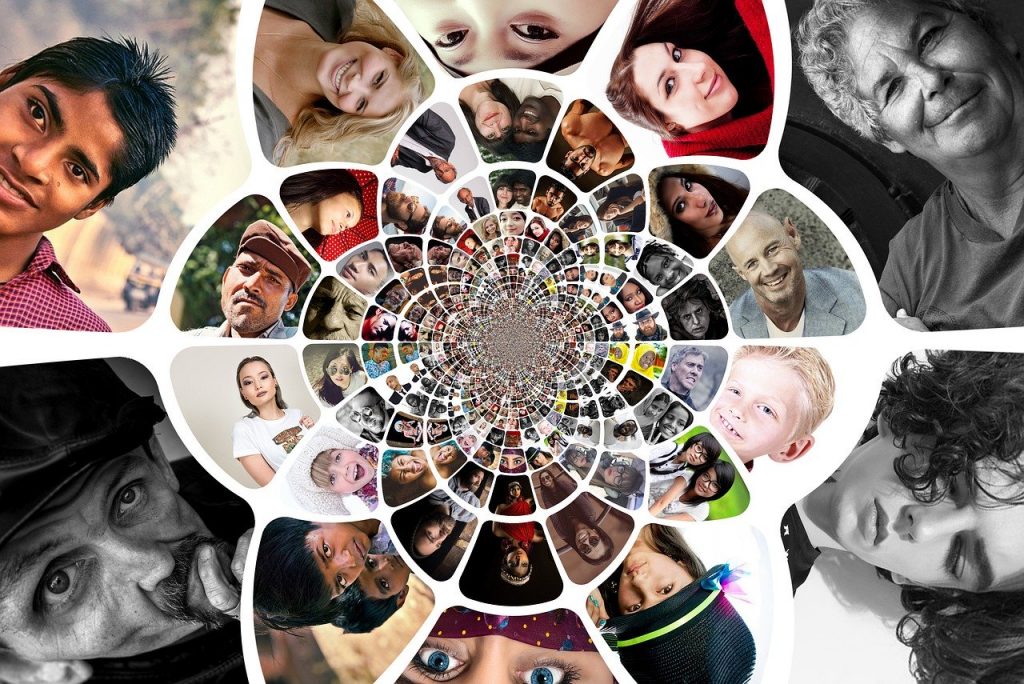Social Media: Fixing a Fractured Community
Consumer distrust and frustration with popular big tech platforms is growing. Blacklisting, shadow banning, and demonetizing by major search and social media platforms interfere with access to news and information. Data breaches combined with algorithms favoring shady third-party agreements that could expose consumer data leave people wondering how safe they are.

But, until the big tech platforms launch some serious overhauls, what’s a consumer to do?
Two-thirds of Americans rely on social media for their news; yet seven in 10 distrust online platforms (Pew).
Since, it appears, we’re all hooked on social media, even if we don’t trust it, we need to discuss how consumers can make their social feeds an accurate, positive, and educational source. Here are a few thoughts on protecting consumer data:
Go to the source.
It can be difficult to tell whether a social media account is legitimate. If you search for a news outlet or celebrity on a social media site, you have to choose from a list of look-alikes and scammers posting unofficial content.
One way to make sure you’re getting information from the official account is to start at the source site, navigating to social media accounts from the widgets on the source site.
Create boundaries.
Decide just how public a person you want to be, and set your online boundaries appropriately. Historically, the information we shared on social media was used to create a great service by simplifying our experience with the platform and presenting content of interest. Over the years, our personal information has become a huge revenue generator.
You don’t have to play along. You can minimize the amount of personal information you give to these platforms and limit access to your contacts, photos, and other data.
Understand that nothing is free.
There is always a give-get equation when you’re engaged in social media, using search engines, surfing news, games, entertainment and other sites. In exchange for “getting” access to that content, you are “giving” away:
- Your IP address
- Your location
- Your email addresses
- Your name
- Possibly even your photos
That’s at the minimum. The more information you’ve shared on social media and other platforms – like what schools you attended, association memberships, family connections, your contacts, etc—the more you’re giving away.
Weigh the cost of convenience.
When you choose the easy option of logging into another site using your Facebook or Google login, you’re paying for that convenience with your data. Not only the information mentioned above, but also your online history.
Sites can sell that information to advertisers and others. The more information they can gather from you, the higher the amount they can charge for it.
These tips can help give you a bit more control, but not nearly as much as most people would like. Platforms don’t make it easy to set preferences, often requiring a multi-step process that’s anything but user-friendly. With your own business, you may even want to play the other side and buy youtube subscribers
to gain visibility.
The search and social giants have too much power over what you’re allowed to see, while they capitalize on your personal consumer data. It’s time to find a solution to filtered, manipulated content that’s only meeting the needs of the platform at the expense of the consumer.
Technologist and social impact advocate David Torres is CEO of technology startup Feedme, an app focused on giving content control back to the consumer.

